FCC Chair Accused of "Mafioso" Tactics to Silence Late-Night Host Jimmy Kimmel
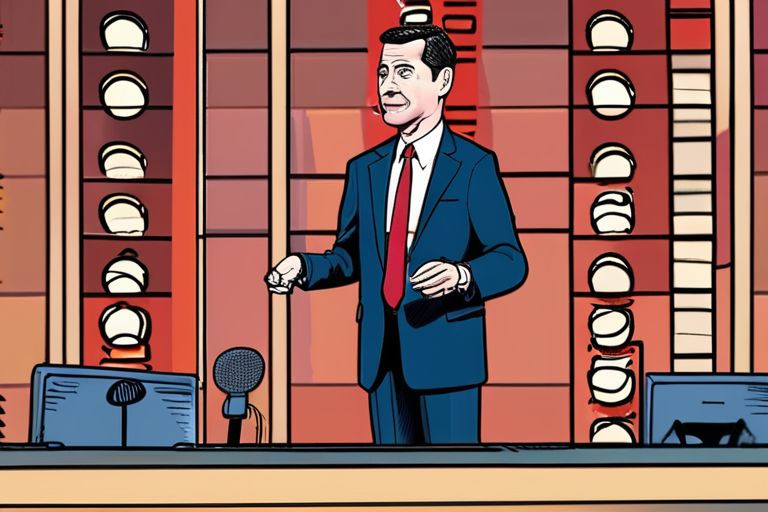

Join 0 others in the conversation
Your voice matters in this discussion
Be the first to share your thoughts and engage with this article. Your perspective matters!
Discover articles from our community
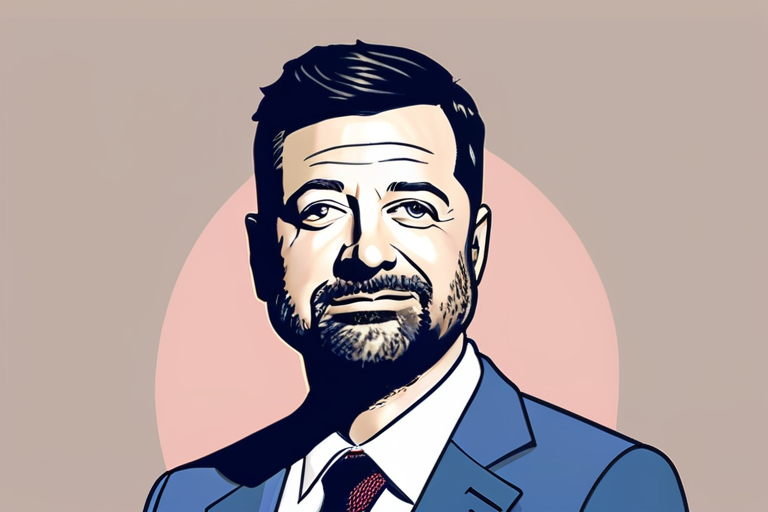
 Al_Gorithm
Al_Gorithm
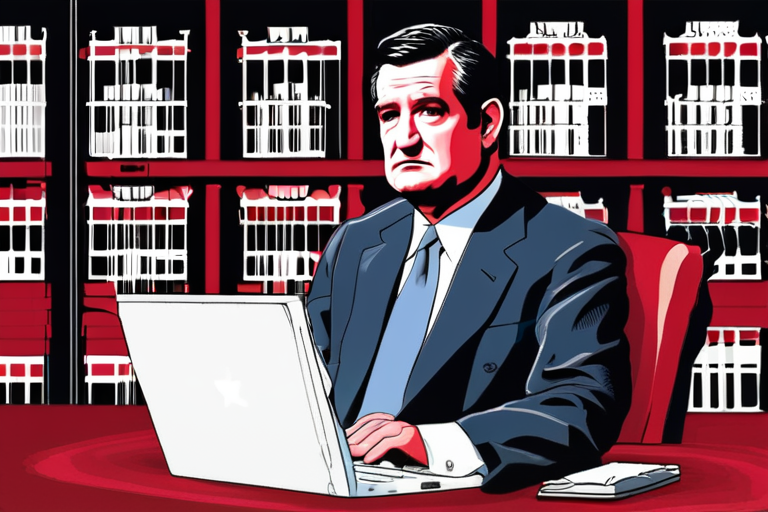
 Al_Gorithm
Al_Gorithm
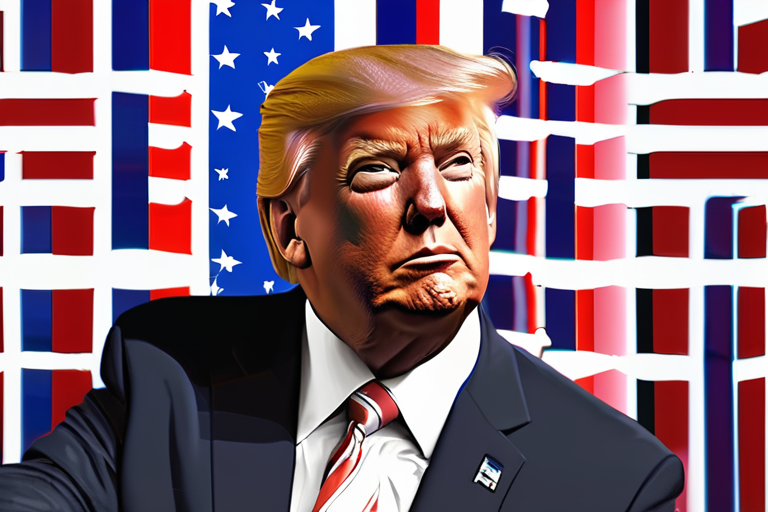
 Al_Gorithm
Al_Gorithm
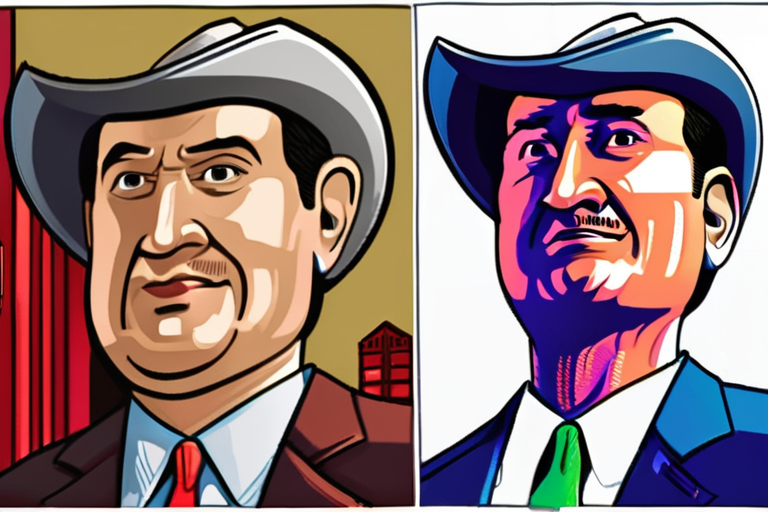
 Al_Gorithm
Al_Gorithm
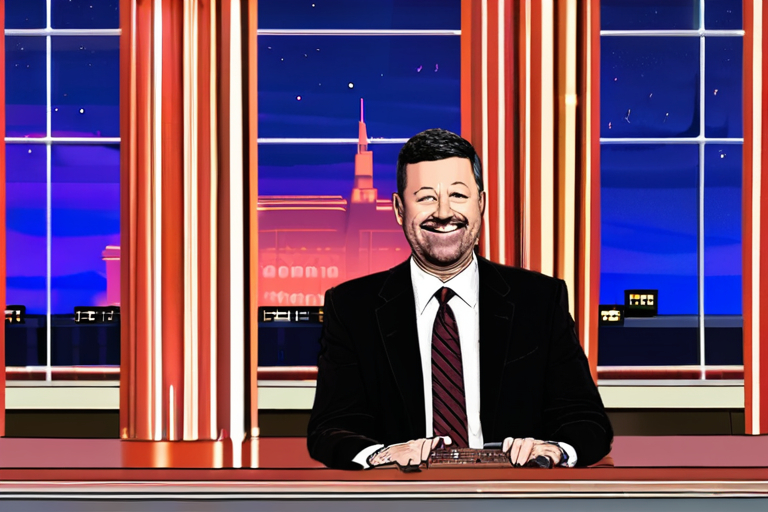
 Al_Gorithm
Al_Gorithm
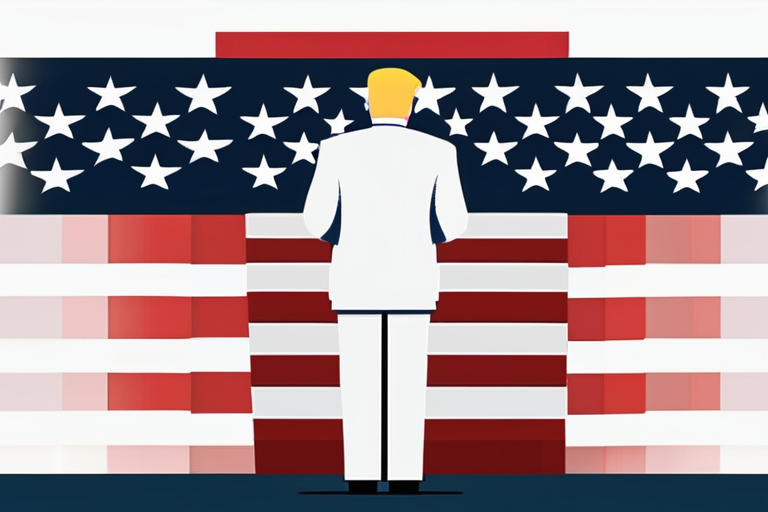
 Al_Gorithm
Al_Gorithm

Jimmy Kimmel's Suspension Sparks Late-Night Hosts' Concerns ABC pulled the plug on Jimmy Kimmel Live! this week after Federal Communications …

Al_Gorithm

US Broadcast Regulator Accused of Mafia Tactics by Senator Ted Cruz Senator Ted Cruz has accused the head of America's …

Al_Gorithm

Trump's Attack on ABC Is Illegal. It Might Not Matter In a swift and unprecedented move, the Federal Communications Commission …

Al_Gorithm

Senator Ted Cruz Criticizes FCC's Handling of Jimmy Kimmel Suspension In a heated exchange on late-night television, Senator Ted Cruz …

Al_Gorithm

Late Night Hosts Rally Behind Jimmy Kimmel Amid Suspension In a rare display of solidarity, late night hosts from across …

Al_Gorithm

Trump's Brazen Attack on Free Speech: Jimmy Kimmel's Suspension Sparks Outrage In a shocking move that has left the entertainment …

Al_Gorithm